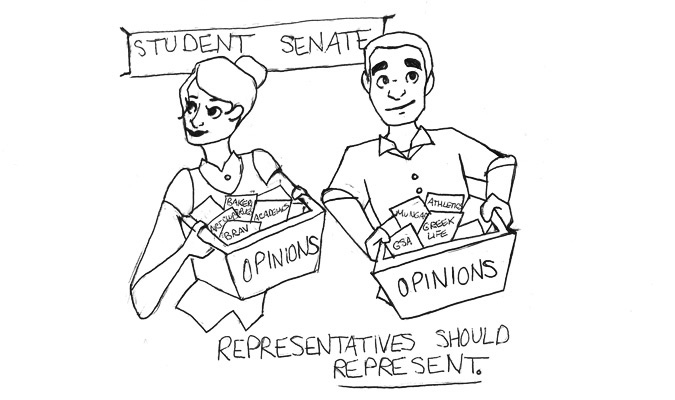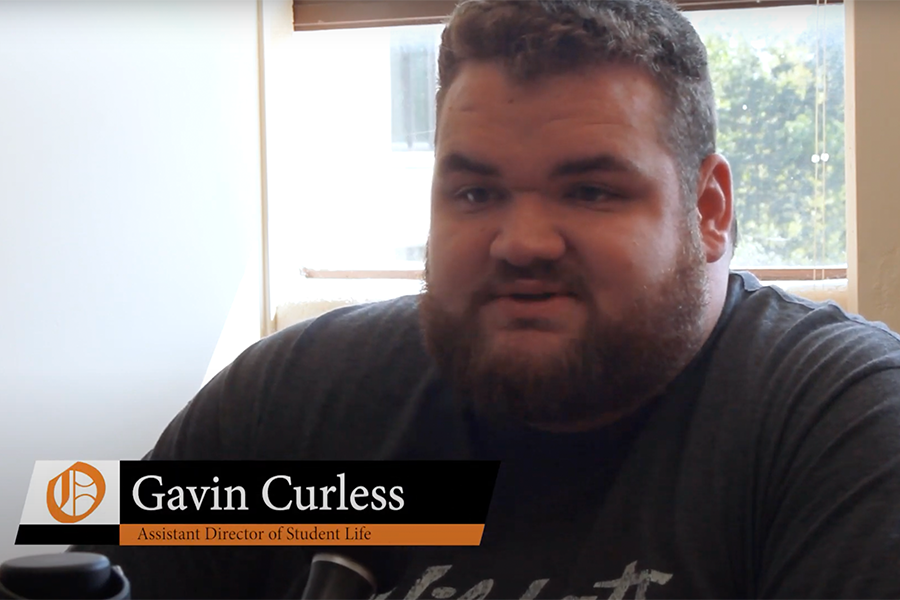Changes to Baker University student senate voting rights have been a hot topic on campus in recent months. Despite lengthy and controversial discussions, the senate voted to limit the number of voting members.
Related Stories
Amendment fails to pass in senate revote
Zeta Phi Beta petitions for support in revote
While certain organizations no longer have a direct vote in senate matters, this does not mean students’ voices will go unheard. Although direct representation for each registered organization is not guaranteed, these groups should continue to make an effort to contribute to senate discussions.
When student senate is addressing an issue that may directly affect or influence an organization, members should express their concerns directly to a student senate representative or attend a senate meeting and provide their feedback.
The 20 elected senators should ideally be representative of the Baker student body, and organizations should be comfortable sharing their concerns or opinions with these individuals. However, if this is not true, then concerned students should consider running in the next election.
The students who faithfully attended senate meetings in order to represent an organization should consider running in senate elections if they wish to continue serving Baker University. On the other hand, these elected senators should have the welfare of Baker’s entire population in mind. If senators are voting solely for their individual interests, then senate decisions will not meet the needs of the whole campus.
It has been a tradition for all registered student organizations to have a vote in student senate. However, tradition is not always the best possible solution. When tradition is no longer applicable to the needs of Baker’s campus, it’s time to re-evaluate, and that’s what student senate did.
Despite not having direct voting rights, individual organizations should embrace this change and utilize senate meetings as an outlet to voice their concerns in a civil manner. Organization representatives can still make an effort to participate in senate discussions and express their opinions, which provides the voice campus organizations are looking for.








